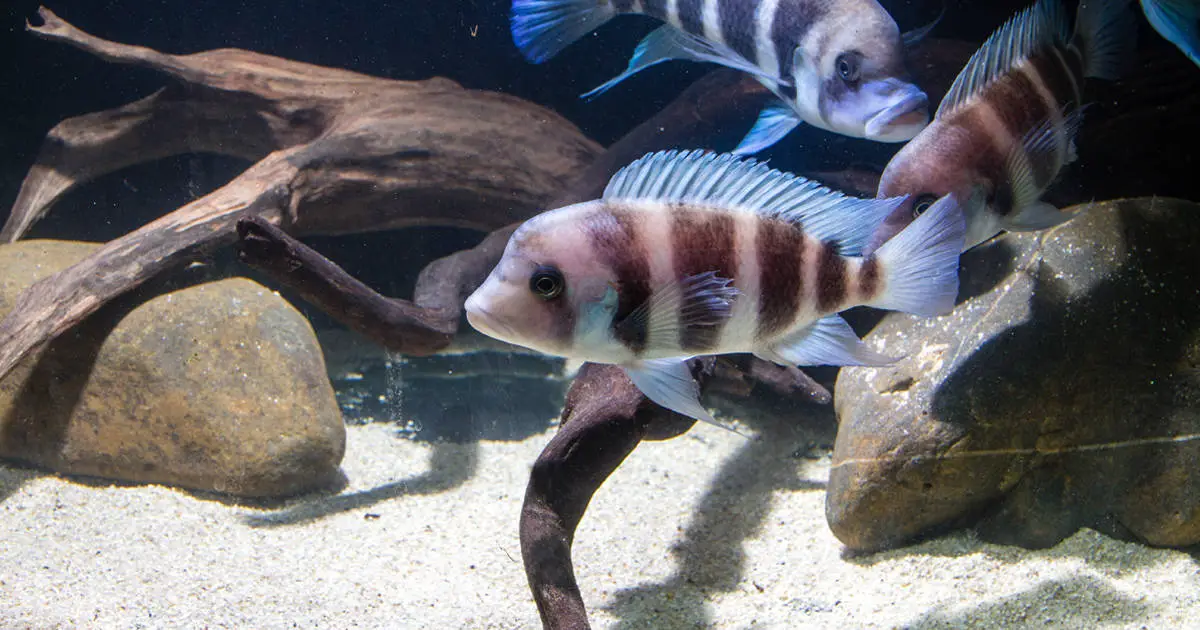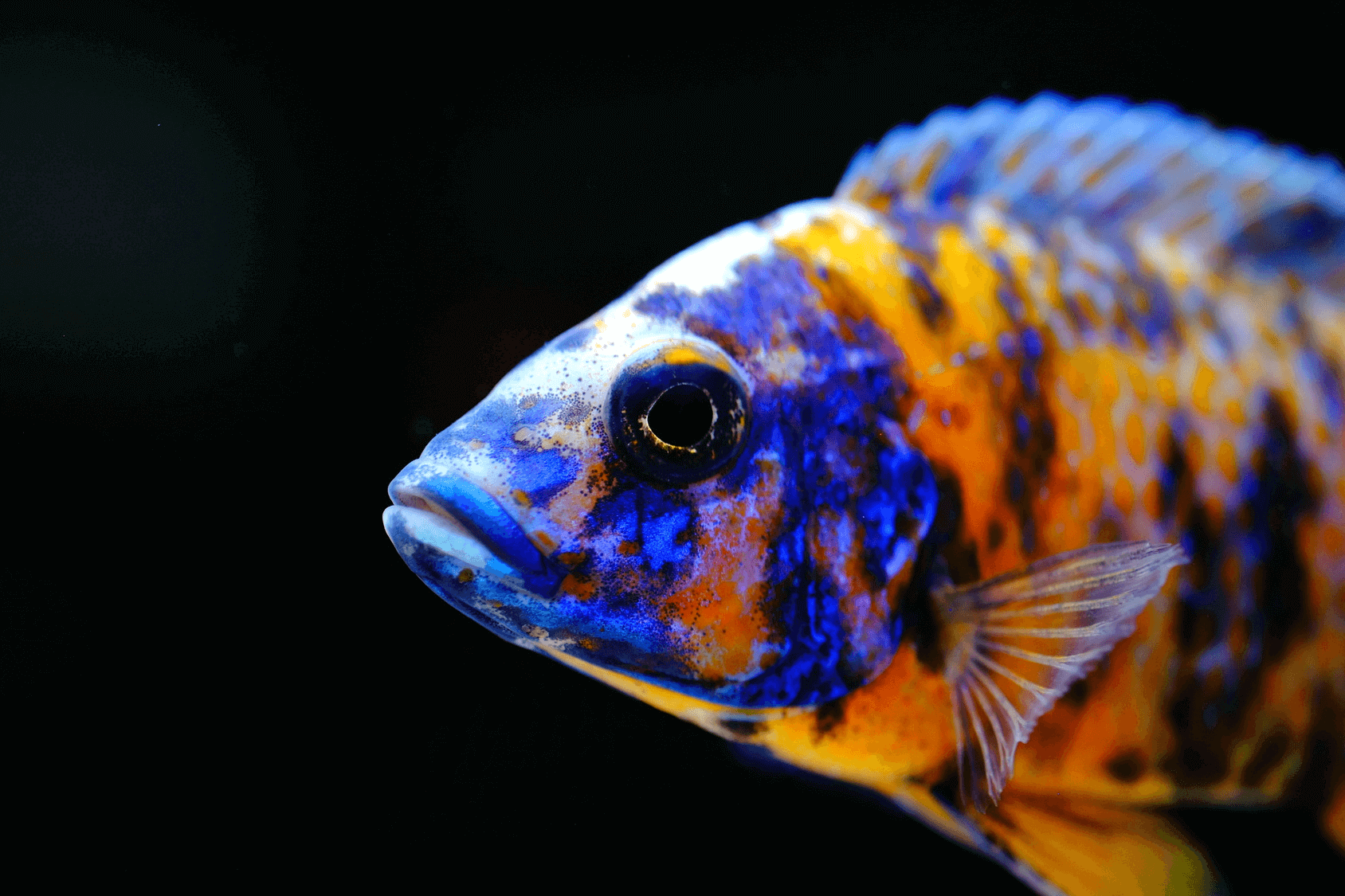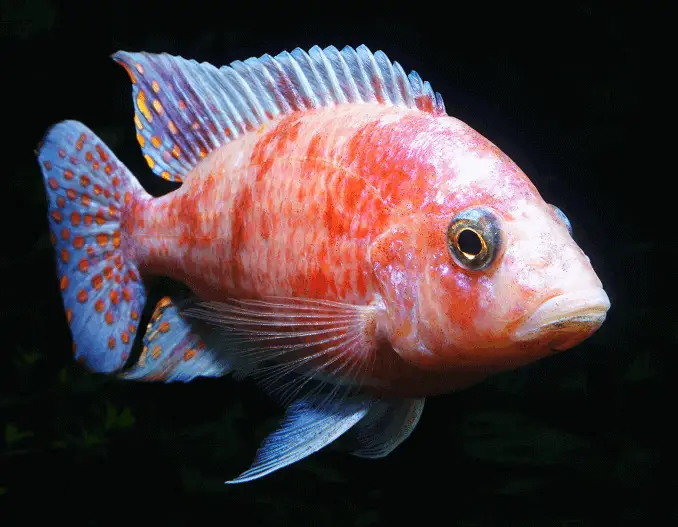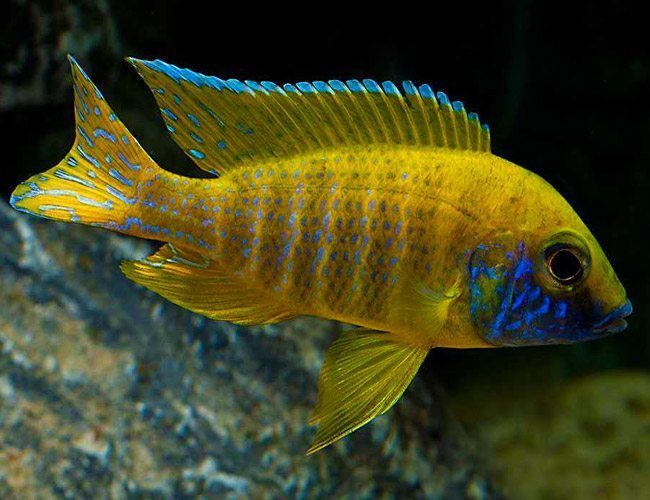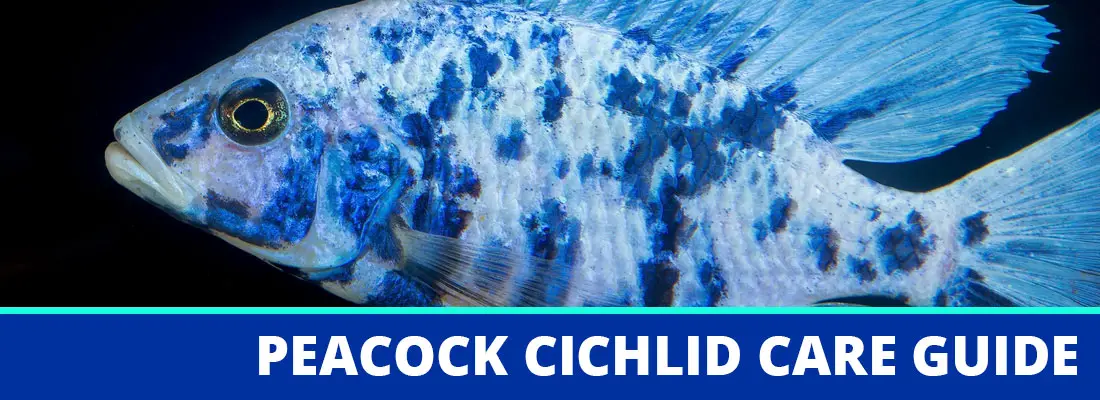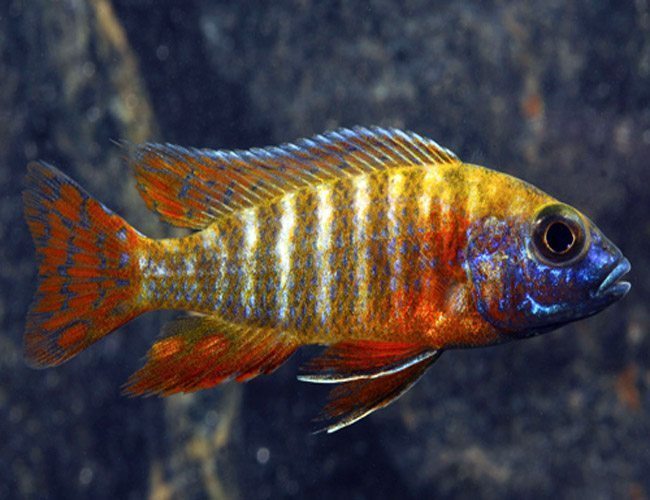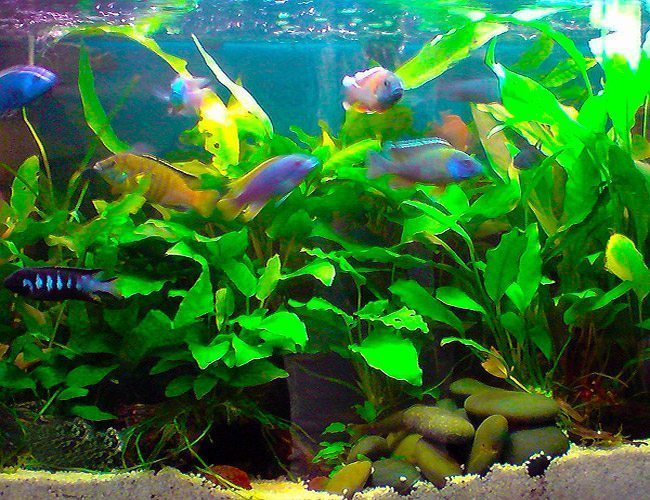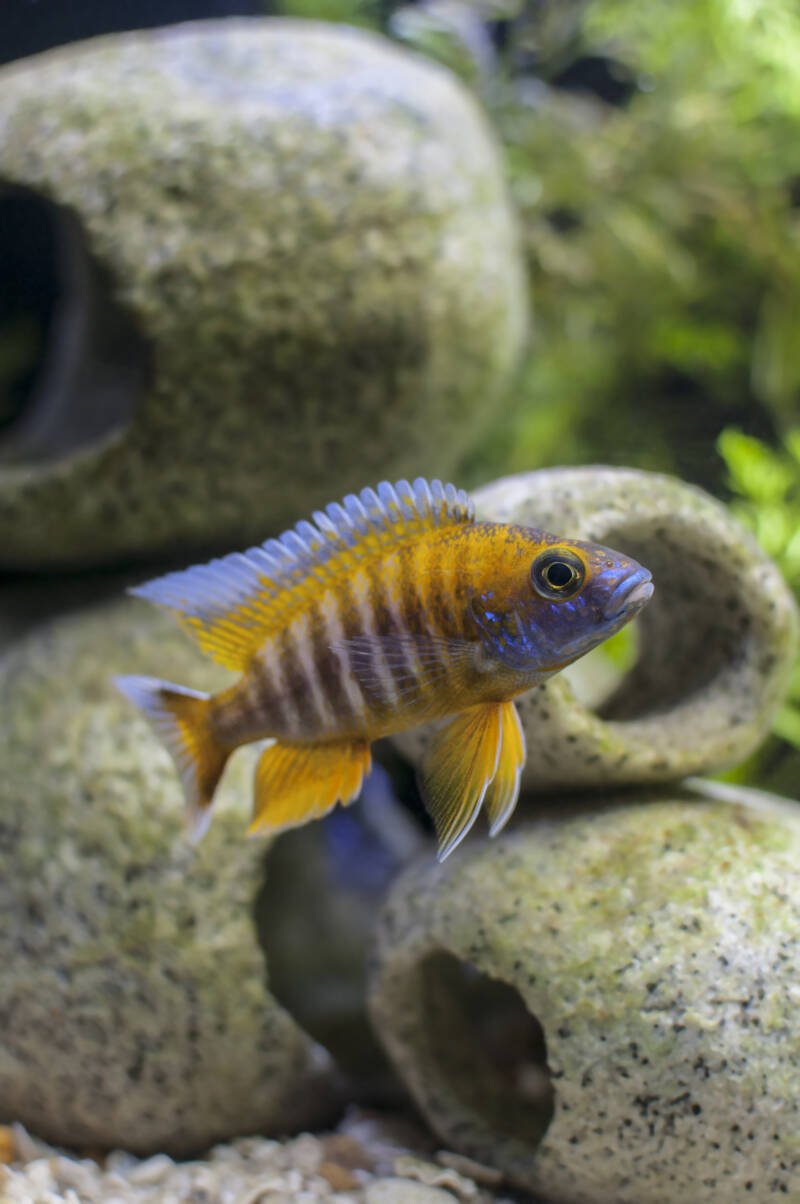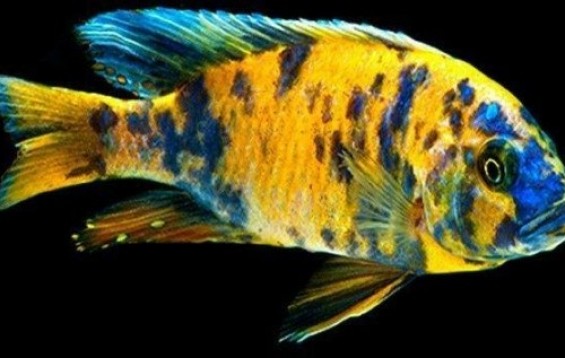Cichlids like to move burrow and sift in the substrate so if the material is large or jagged there is a chance of your cichlid accidentally hurt itself.
Best substrate for peacock cichlids.
Here is a list of peacock cichlid types.
The best cichlid substrates will buffer the water to maintain a higher ph even after water changes.
It includes many species and sub species.
They will remain in one place above the sand and as a movement is detected from any invertebrates they will immediately strike.
The bluepeacock cichlid aulonocara nyassae a metallic blue to a bright yellow and during breeding season its color will become even more enhanced.
April 25 2019 0 cichlid guide.
African cichlids are a popular species to keep providing an active and colorful aquarium to their owners.
The behaviour of peacock cichlid.
Peacock cichlids is the name for the genus of fish called aulonocara.
Most substrates will do just fine but the best sand or crushed coral are the most chosen.
Possibly more are waiting to be discovered.
Finally a word on the ob peacock.
Most substrates that are suitable for marine aquariums are also suitable for cichlid aquariums.
Popular types of peacock cichlids.
The best kinds of substrates for african cichlids are ones that are smooth or grounded finely.
Most of these substrates primarily contain porous crushed coral aragonite.
Peacock cichlids usually range in size with the average being anywhere from 4 to 6 inches which means the fish can fit in a tank that is between 45 and 55 gallons.
These are hybrids and are cross breeds between pure peacock cichlids breeds.
According to the website fishbase there are 22 recognized species of the genus aulonocara.
Beginners are presented with challenges with these fish as their environmental requirements are more specific than those of other freshwater fish.
Male peacock cichlids like in betta wear more vivid colors and as a result are more appealing when kept in an aquarium.
Link to this awesome substrate below.
Peacock cichlid loves to live at the bottom and in the lake malawi you can find them at depths of six to forty meters.

